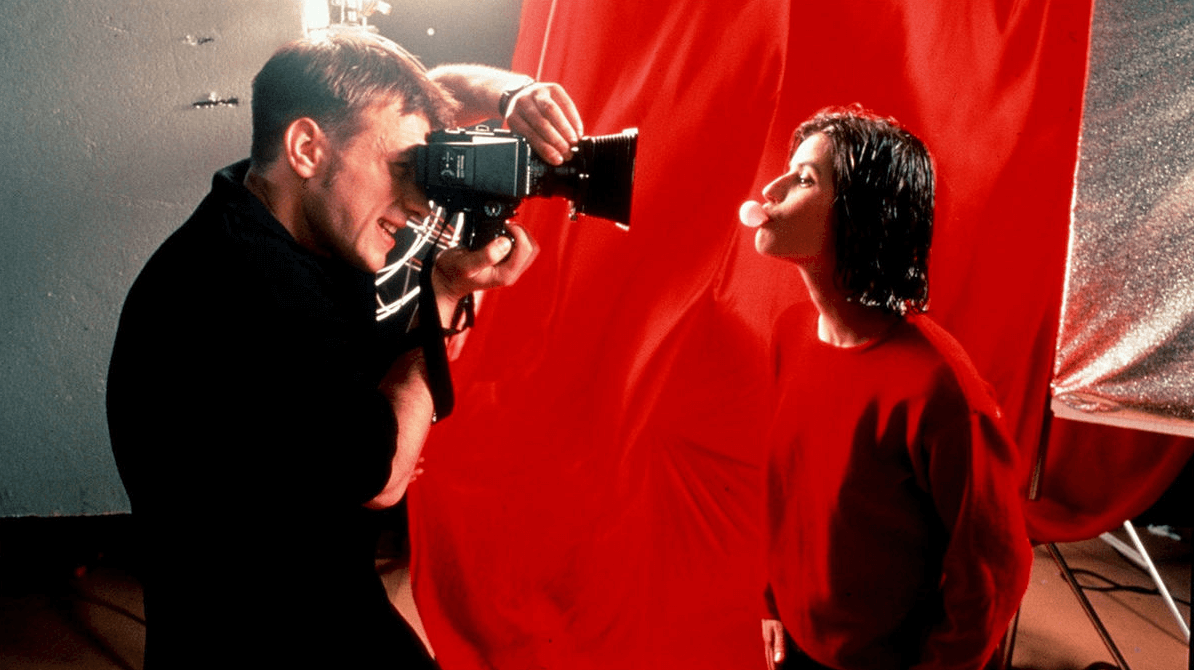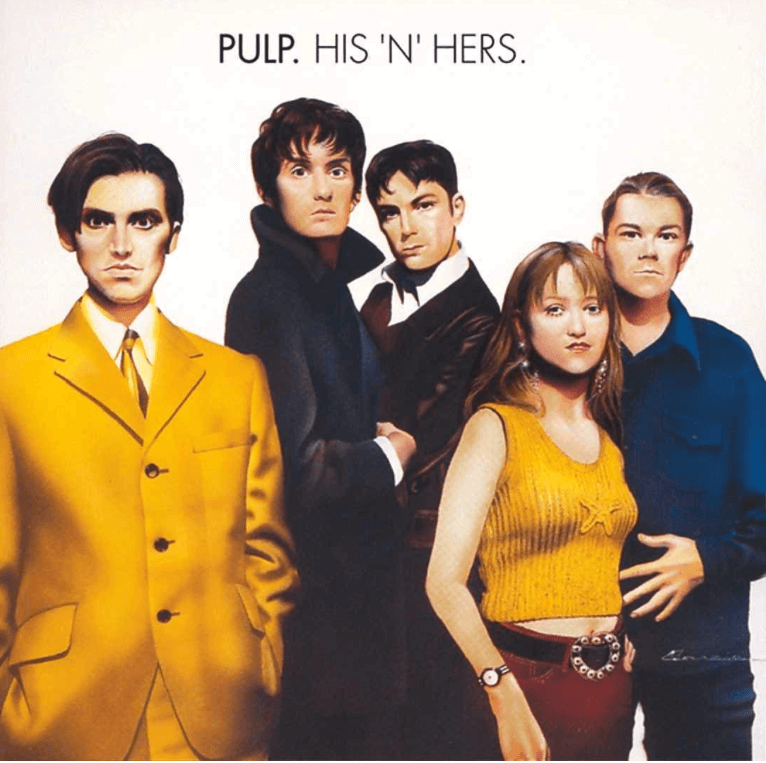Review: Three Colours: Red – 25th Anniversary
30th April 2019
The final piece of the puzzle, Three Colours: Red is the round-off of a tumultuous and incredulous series that has introduced me to the work of Krzysztof Kieslowski, a superb director. Three Colours: Red is considered to be the best in the series, yet for some reason it feels like the weakest of all for me.
Perhaps it’s because I watched it straight after White, or perhaps it’s my failing memory. Either way, the events of Red are a complete mystery to me. I know I enjoyed them for what they were, with the development of character being strong enough to illicit some enjoyment, but what the plot specifically entailed is a question best asked to someone else.
It’s not that Red is boring though, it’s simply not memorable, certainly not as interesting as Blue or as in-depth as White anyway. Irene Jacob isn’t the most interesting lead the series has seen, certainly my least favourite of the trilogy. Her performance is fairly strong though, blending some strong chemistry with the rest of the supporting cast into a tumultuous and violently dwindling story that only Kieslowski could’ve directed correctly.
Really, the only strength that Red has to offer is a superb supporting performance from Jean-Louis Trintignant as Richter Joseph Kern, the quarrelsome old curmudgeon. My only problem is that his whole character arc, the sequences of dreams and the ambiguity of Red’s ending are a little too heavy-handed for my liking. I loved the memorability of Blue’s ending and the darker tones of White, whereas Red feels like it goes down the supernatural or fantasy pathway a little too far.
Maybe I received the wrong impression from Red, but that’s certainly how it felt to me – an all-too-happy culmination to a trilogy that could’ve prided itself on realism and damp tones of blues and beckoning resentment. Instead, the trilogy rounds off in an all too graceful, miracle-like fashion and leaves somewhat of a sour taste in the mouth. This is definitely Kieslowski’s weakest entry into the trilogy, but at least his strong directorial tropes remain rather untouched.


